Paris, July 7 2024 – French citizens are casting their ballots in one of the most debated elections in recent history, with the hard-right expecting a historic victory. However, no party is expected to form a government with a single majority, raising concerns about a potential political deadlock.
The second phase of the French parliamentary elections commenced on Sunday, with polling stations opening at 8 am local time and closing at 6 pm. The vote occurs amid heightened tensions due to fears of the far-right National Rally (NR) becoming the largest force in parliament. To ensure the security of voters, 30,000 police officers have been deployed across the country.
French President Emmanuel Macron faces significant challenges, as his party lags behind in the polls. The National Rally (NR), led by Marie La Pen, secured 33 percent of the votes in the first round, putting them ahead. Macron's party, on the other hand, is in third place with around 21 percent of the vote. The close race suggests a hung parliament, which could lead to political chaos and weaken Macron's authority.
The rise of the NR marks a significant shift in French politics, as it would be the first time a right-wing party has emerged as a major force since World War II. Despite their strong performance, it is unlikely that NR will achieve a majority. They would need 289 out of 577 seats to secure a majority, a target they are not expected to meet.
The potential success of the NR in France is indicative of a broader trend across Europe, where right-wing politics are gaining traction. This shift could lead to increased polarization in global politics, with significant implications for the European Union and beyond.
As France votes, the world watches closely to see how this election will reshape the political landscape. The final results, anticipated to be close, will determine the future direction of French politics and its impact on Europe and the world.




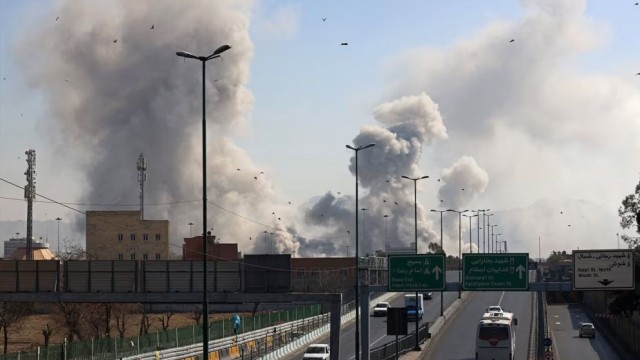
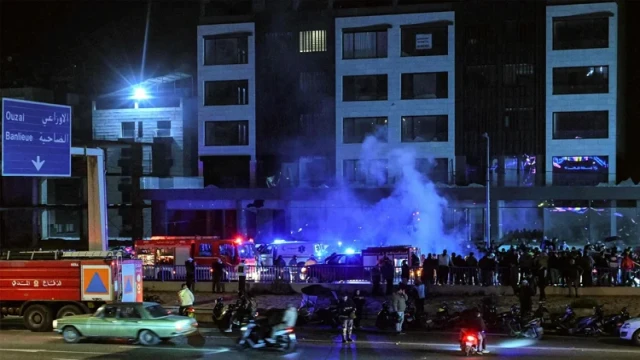

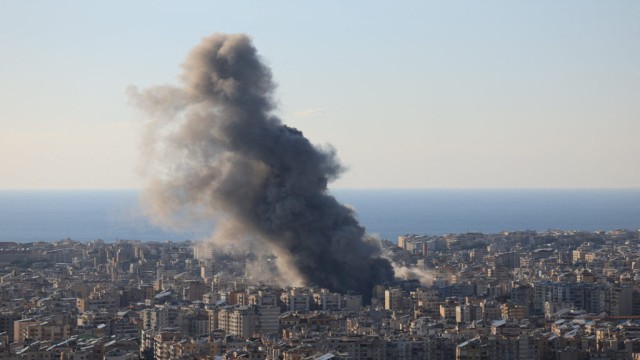
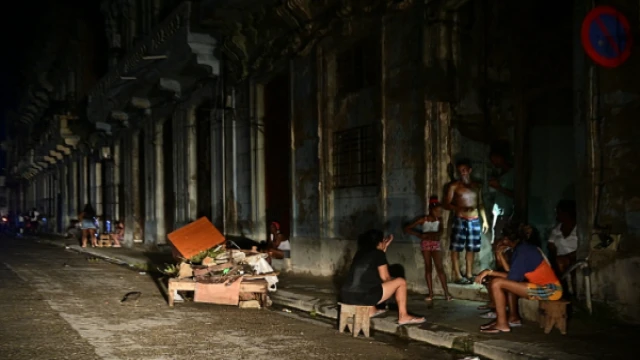


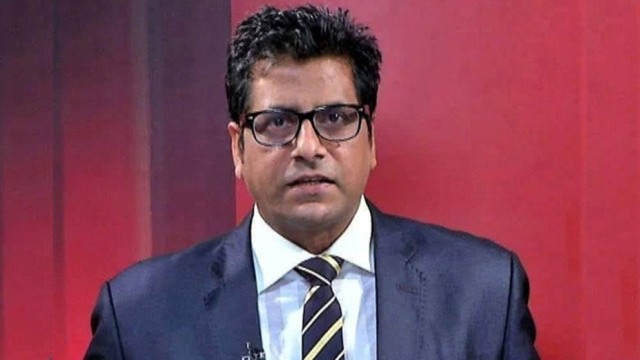
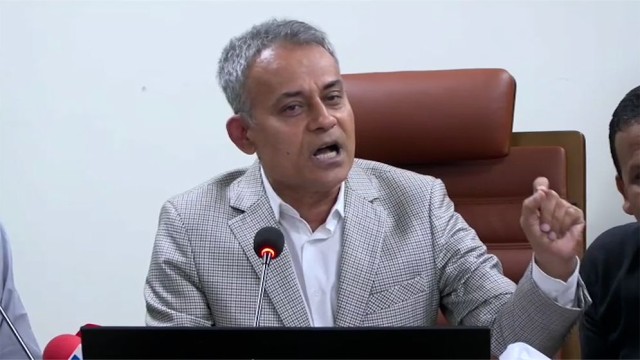


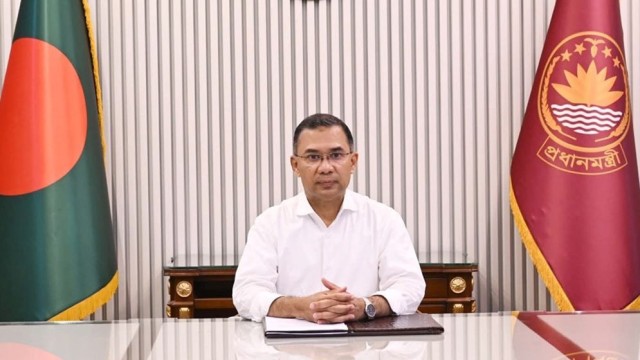
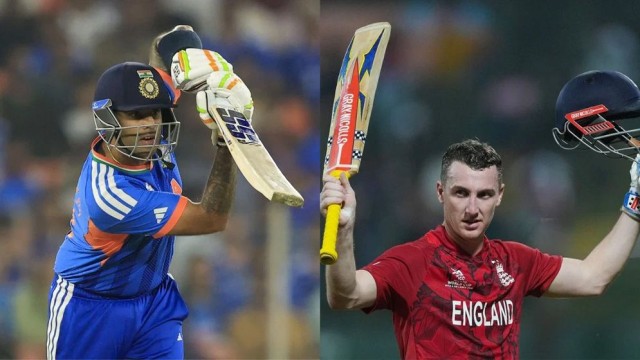
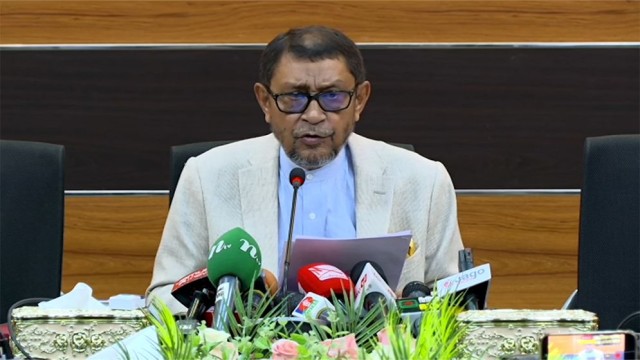
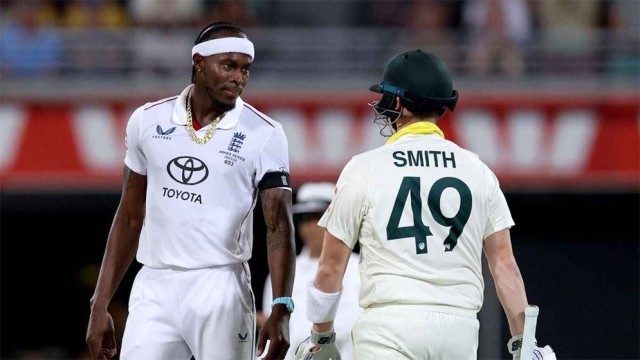
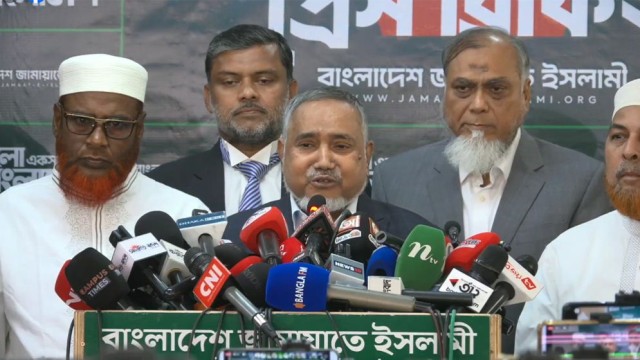











Comment: